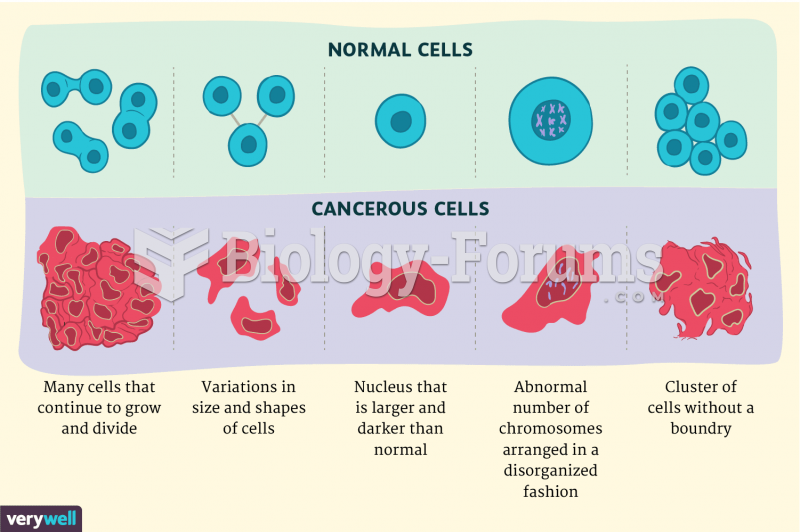This topic contains a solution. Click here to go to the answer
|
|
|
Did you know?
For high blood pressure (hypertension), a new class of drug, called a vasopeptidase blocker (inhibitor), has been developed. It decreases blood pressure by simultaneously dilating the peripheral arteries and increasing the body's loss of salt.
Did you know?
Elderly adults are living longer, and causes of death are shifting. At the same time, autopsy rates are at or near their lowest in history.
Did you know?
Illicit drug use costs the United States approximately $181 billion every year.
Did you know?
Approximately 500,000 babies are born each year in the United States to teenage mothers.
Did you know?
Approximately 25% of all reported medication errors result from some kind of name confusion.
 Nephroblastoma. A sectioned kidney reveals the presence of a very large tumor, which arose from feta
Nephroblastoma. A sectioned kidney reveals the presence of a very large tumor, which arose from feta
 Over the past four decades, the self-reported health of married men and women has remained high, ...
Over the past four decades, the self-reported health of married men and women has remained high, ...





